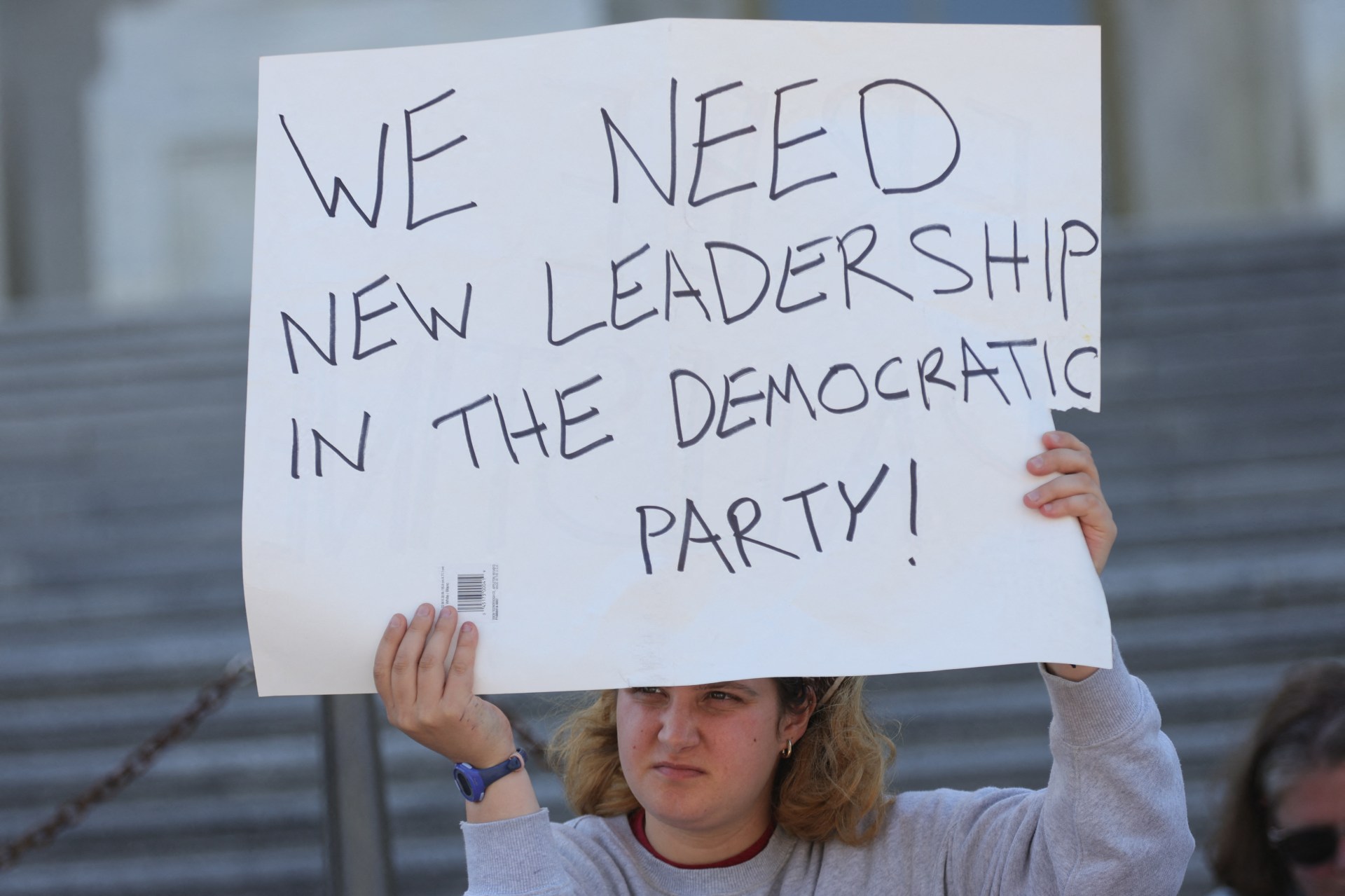Hello friends!
The One Big Beautiful Bill Act is in the hands of Senate Republicans. Like their copartisans in the House of Representatives, they will need to bring their various factions and priorities into accord—while also giving their friends in the lower chamber something they can accept.
Today’s Morning Dispatch delves into some of the debates at play, which are similar to those in the House. But in this newsletter, I wanted to let you all know about something that didn’t quite fit into that item.
A budget reconciliation bill can bypass the Senate’s 60-vote threshold to overcome the filibuster, but there are some measures that stop lawmakers from passing party-line bill after party-line bill on everything under the sun. For one, they can only pass three reconciliation bills per fiscal year. That’s less relevant to this saga since congressional Republicans have chosen to cram a bunch of President Donald Trump’s agenda into this one bill.
The main restriction Senate Republicans will need to deal with is the so-called Byrd Rule, which has three criteria for what can be in a reconciliation bill: Provisions must deal with spending and taxes, must not increase the budget deficit beyond a 10-year window, and must not touch Social Security. So Republicans could not use the reconciliation process to, say, institute a national abortion restriction, but they could use it to defund Planned Parenthood—which they do in this bill—because the latter is related to spending, while the former is unrelated to fiscal policy.
The Senate will need to scrub some parts of the House legislation to bring it into compliance. One thing that looks like it will not survive the Byrd Bath (a nickname for the process in which lawmakers scrutinize provisions to see if they meet rule’s criteria) is language in the House bill that would stop state governments from enforcing any regulation on artificial intelligence.
There are likely more pieces that will not pass muster with the Senate’s rulekeeping parliamentarian, but Sen. Markwayne Mullin of Oklahoma, who often acts as an unofficial liaison between the House and Senate, declined to say what might be on the chopping block.
“I know we work closely with the parliamentarian through that process to try to keep it from having a lot of changes,” he told Dispatch Politics. “So, right now they’re going through the process. There’s a couple things that might be but it’s too early that I don’t even want to say what could be pulled out of it, but I know the House worked closely with us on definite red flags.”
—Charles
Top Stories From the Dispatch Politics Team
The Working Class Project—and aptly named project by American Bridge 21st Century aimed at repairing Democratic Party’s frayed relationship with working class voters—is conducting polls and focus groups of blue collar voters to provide Democrats with the information they hope will help them understand why some voters defected to President Donald Trump and the Republicans—and what it takes to win them back. Crucially, the project is making all findings public and refusing to sugar coat the extent of the Democrats’ problems with the working class.
The timing of the first-ever Reagan National Economic Forum was somewhat ironic. As attendees were hearing from leaders such as Paul Ryan and Steve Mnuchin on Friday, President Donald Trump announced at a speech in Pennsylvania that he would raise tariffs on all steel imports from 25 percent to 50 percent. These tariffs are just one policy that many conservative thinkers believe is a far cry from the priorities pursued by Reagan roughly four decades earlier.
What took place Sunday in Boulder, Colorado—when an Egyptian national named Mohamed Sabry Soliman threw Molotov cocktails at the crowd while shouting “free Palestine!”—marks a deplorable trend, the sort that might prompt national leadership to speak forcefully and unequivocally about the poison of antisemitism. But if Trump, who has Jewish grandchildren, intends to speak more broadly about the ugliness of antisemitism, manifested these days in the harassment and targeting of Jews in response to or as retribution for the actions of the state of Israel, the White House isn’t saying.
The leaderless Democratic party is hungry for victory after last fall’s stinging loss to Trump, and Gov. Josh Shapiro is a proven vote-getter in Pennsylvania—“the ultimate swing state,” as the governor has taken to calling the commonwealth. So, naturally, as Democrats sift through the wreckage of 2024 and debate the best path out of political oblivion, some view the governor as the standard bearer to get them there. How does Shapiro, just shy of 52, react to being considered presidential timber? “A year ago, when someone would say that to me, I quite candidly would just laugh, and shrug it off, and go about my day,” Shapiro told The Dispatch. “Today … my reaction is different.”
On May 28, Donald Trump nominated to the 3rd Circuit Court of Appeals his former personal defense attorney, Emil Bove. From January to March, Bove courted controversy in his role as acting deputy attorney general at the Department of Justice, where several prominent conservative legal thinkers contend that Bove demonstrated a willingness to put his personal loyalty to Trump above fidelity to the rule of law. Some judicial conservatives are now calling for Bove’s nomination to be defeated, but The Dispatch’s conversations with GOP senators this week suggest it’s too early to say if there will be a successful revolt against Bove.











Please note that we at The Dispatch hold ourselves, our work, and our commenters to a higher standard than other places on the internet. We welcome comments that foster genuine debate or discussion—including comments critical of us or our work—but responses that include ad hominem attacks on fellow Dispatch members or are intended to stoke fear and anger may be moderated.
With your membership, you only have the ability to comment on The Morning Dispatch articles. Consider upgrading to join the conversation everywhere.